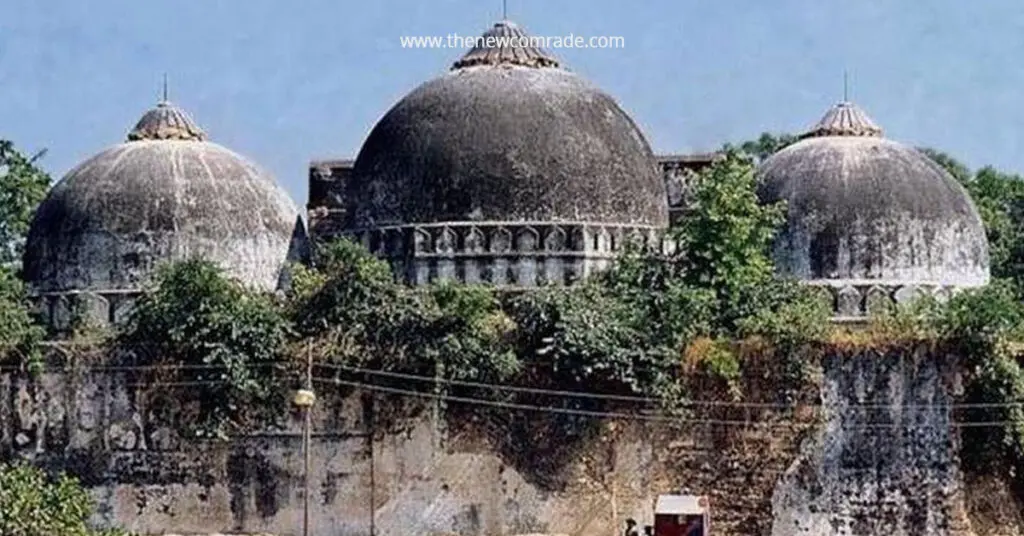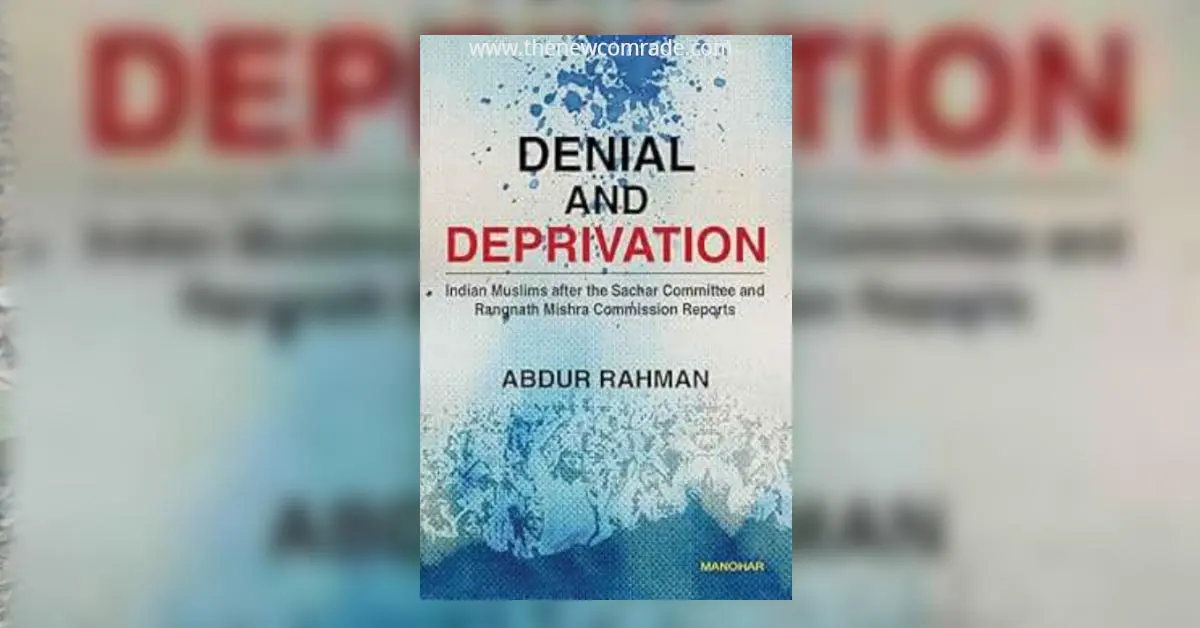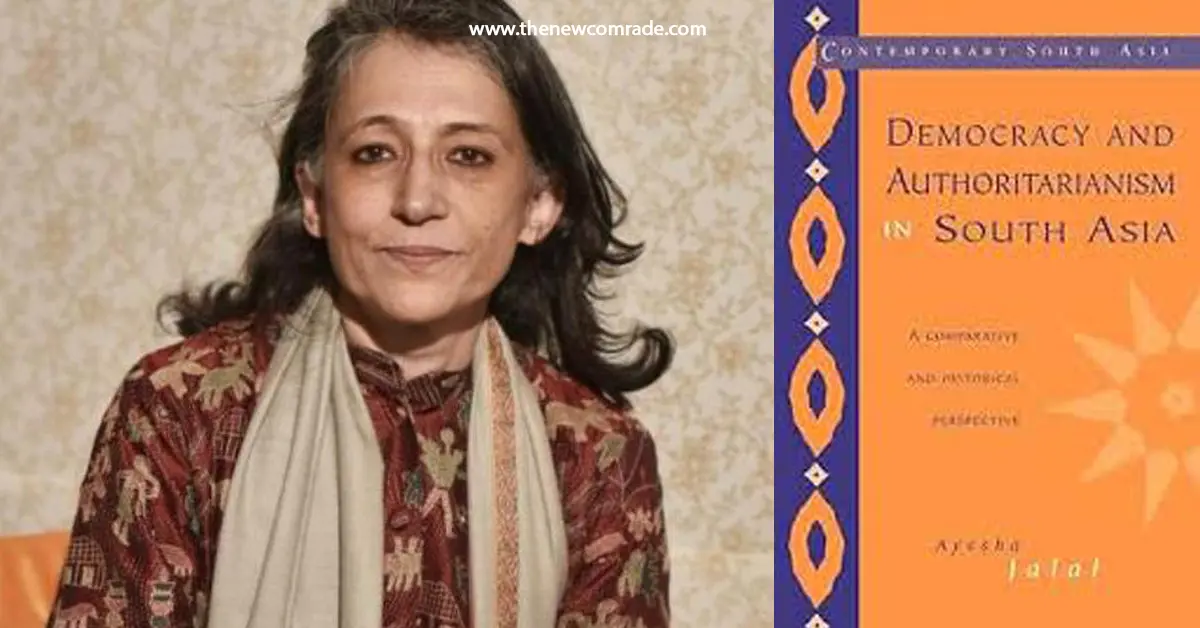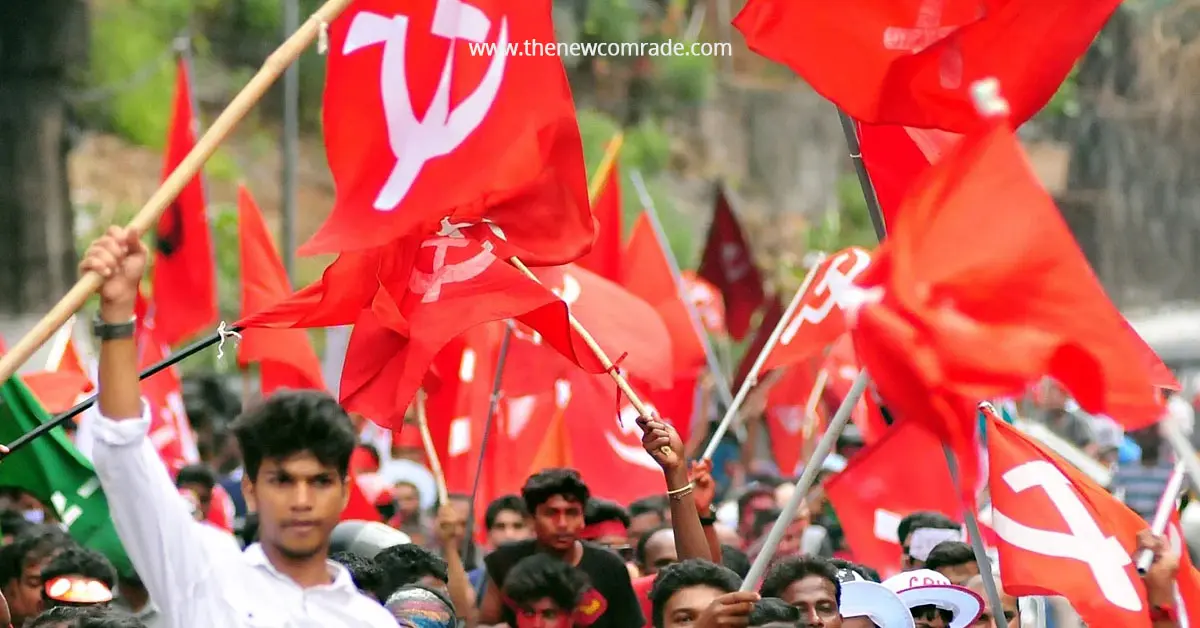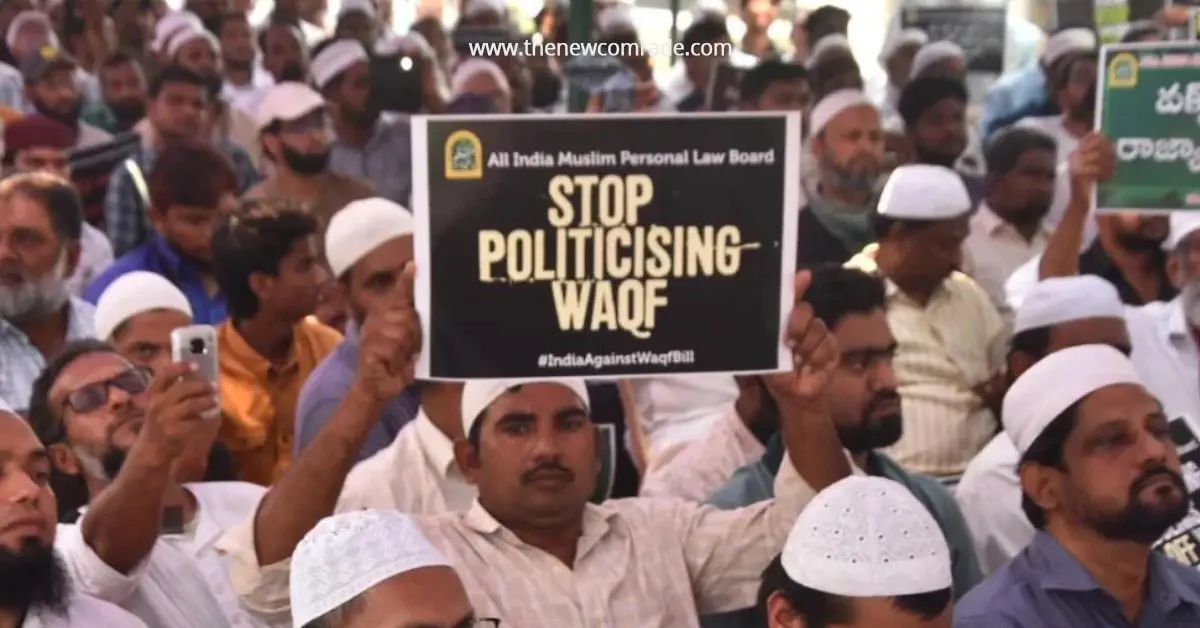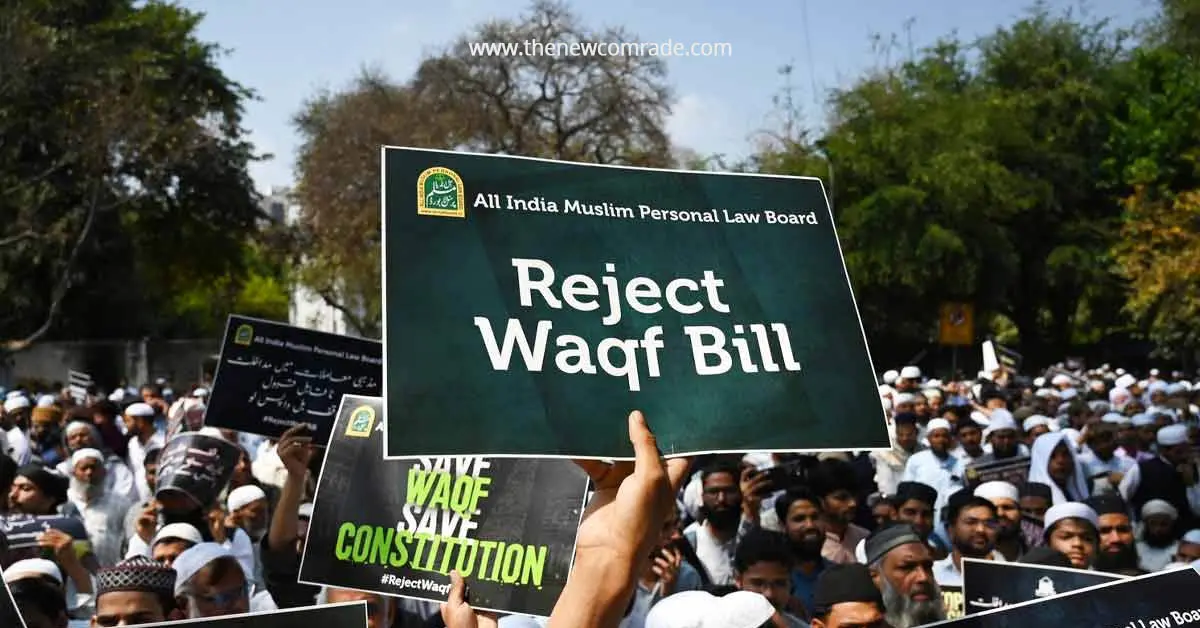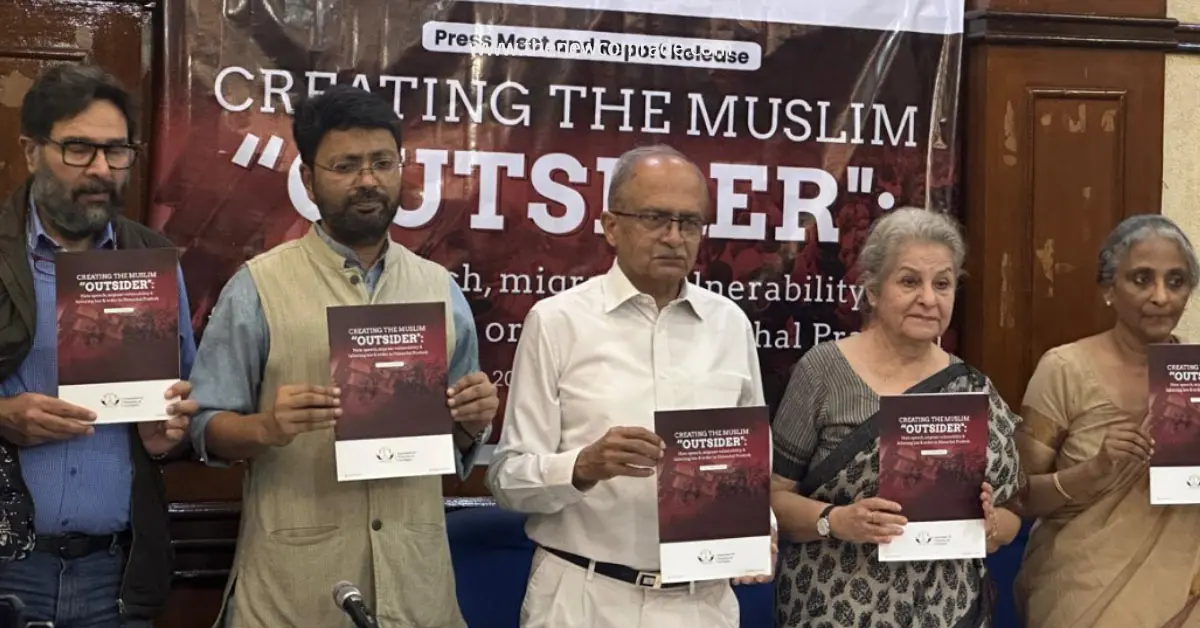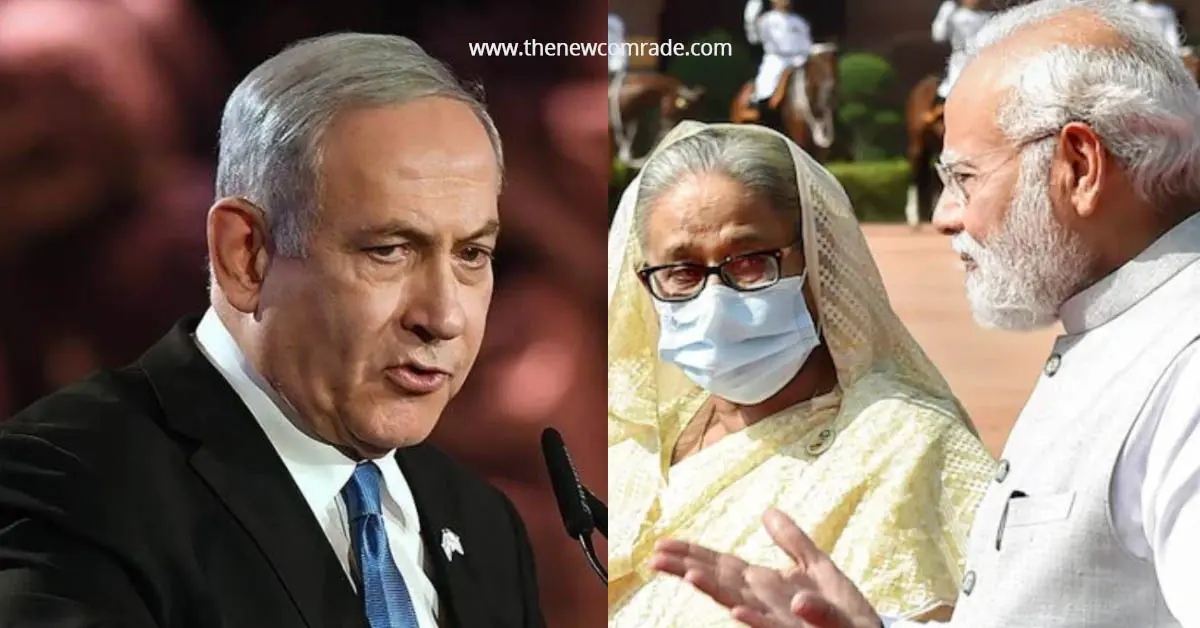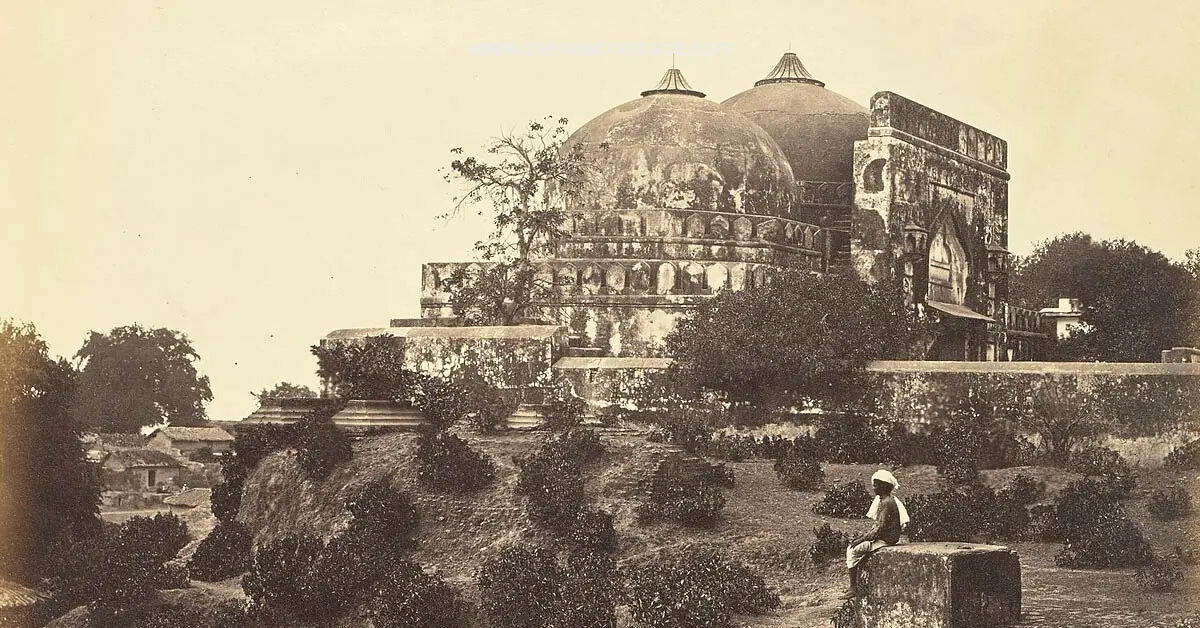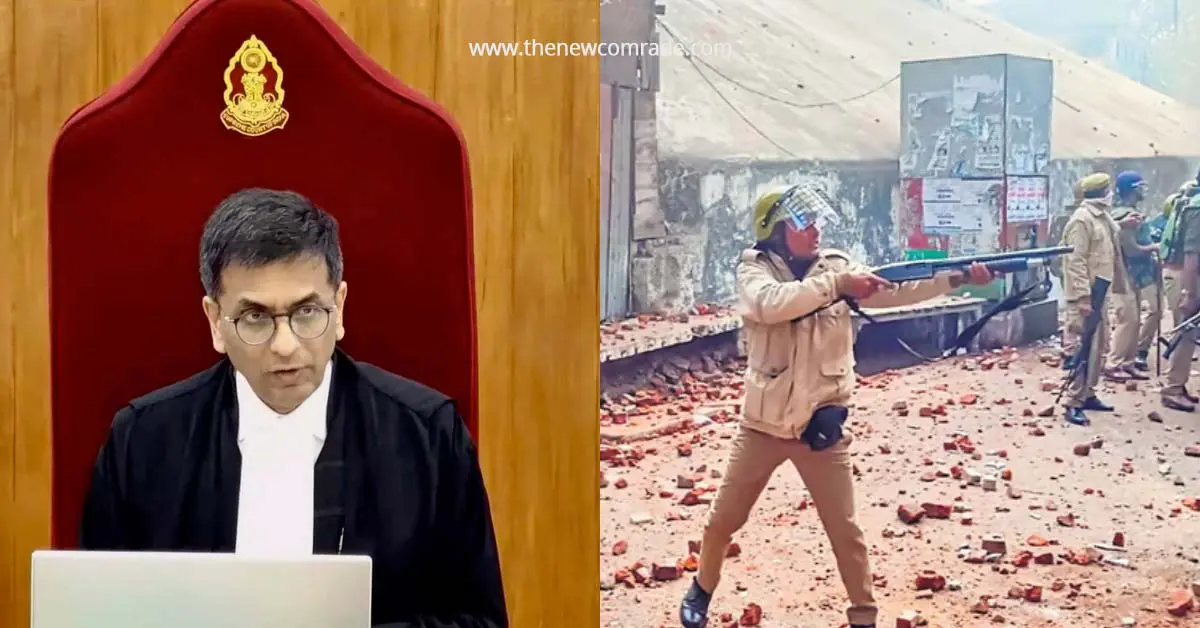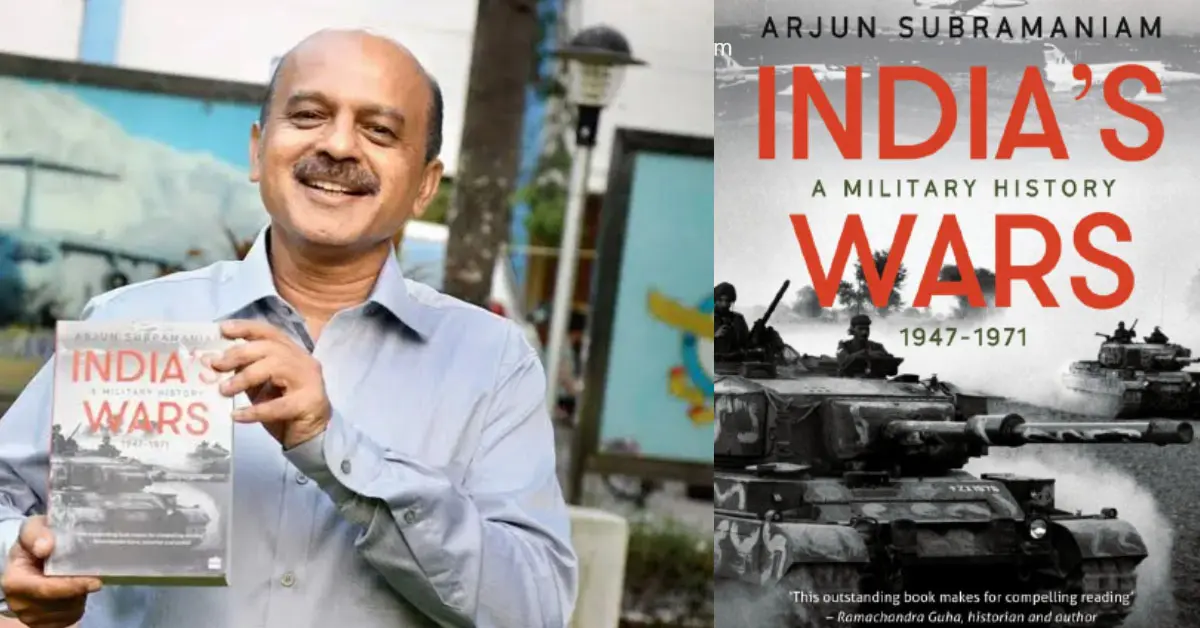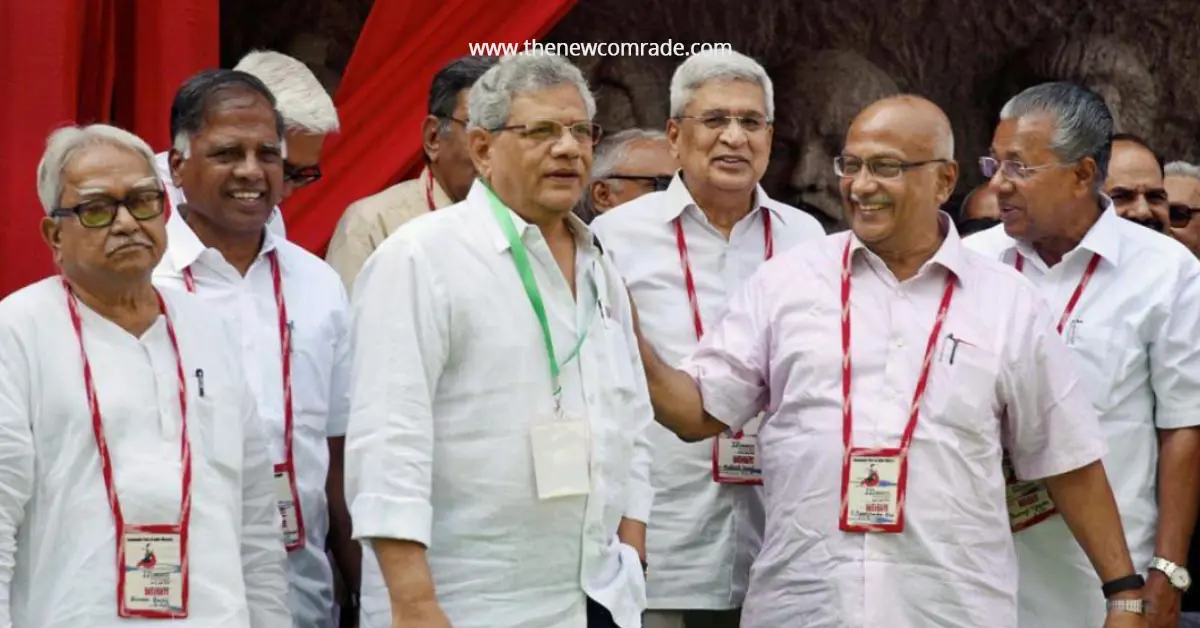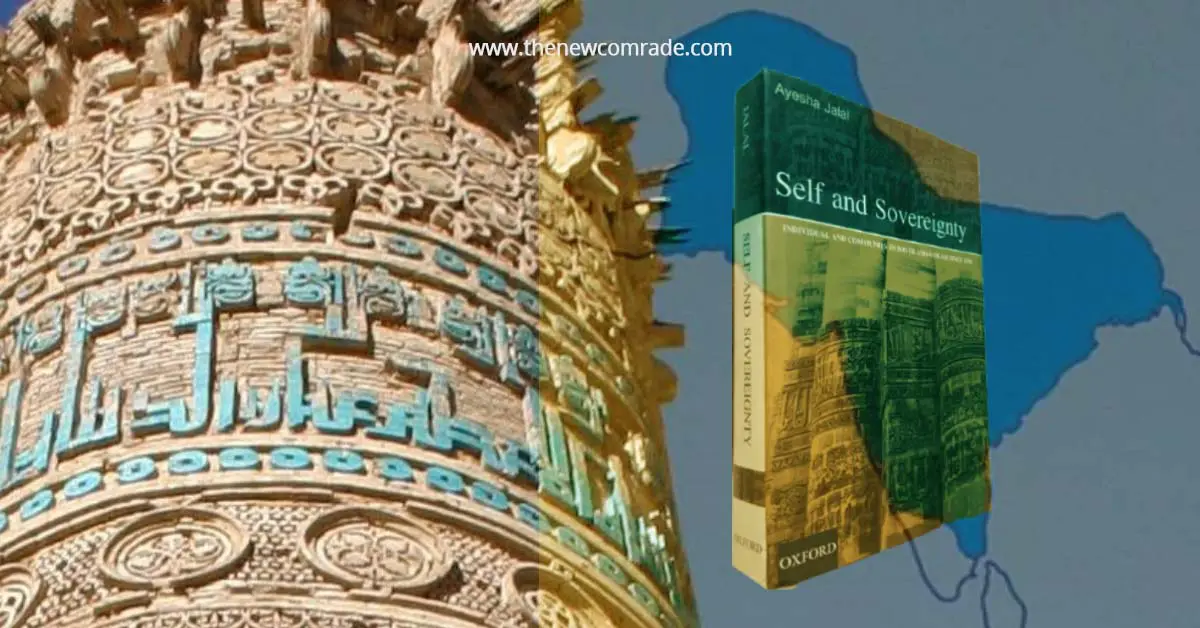On January 22, 2024, as the Ram Temple was inaugurated in Ayodhya, where the Babri Masjid once stood, social media flooded with images of the Indian Constitution’s front page. Many self-proclaimed secularists—activists, actors, and others—posted these images with statements like “It is not in my name.” This irony was stark. The Babri Masjid’s demolition in 1992, the subsequent acquittal of all accused, and the riots that claimed thousands of lives occurred when India’s Constitution supposedly held greater power and reverence. Yet justice lay buried under the mosque’s rubble, and the dignity of Indian Muslims was trampled.
The death of India’s secularism and constitutional ethos was not marked by the Ram Temple’s inauguration in 2024 but began when the Babri Masjid was razed in 1992. This brazen act of state-enabled majoritarian violence sent an unmistakable message: Muslims were to be relegated to second-class citizenship in the republic. The myth of Nehruvian secularism, often celebrated as the foundation of India’s pluralism, disintegrates upon closer examination. Irfan Ahmad, a professor of Anthropology-Sociology, points out that far from being neutral, Nehru’s policies often facilitated Hindu majoritarian dominance. His tenure saw the criminalization of cow slaughter, the exclusion of Scheduled Caste Muslims and Christians from reservation benefits, and a tacit endorsement of religious symbolism in state practices. Notably, Nehru’s inaction in 1949, when Hindu idols were illegally installed in the Babri Masjid, set the stage for the mosque’s demolition decades later.
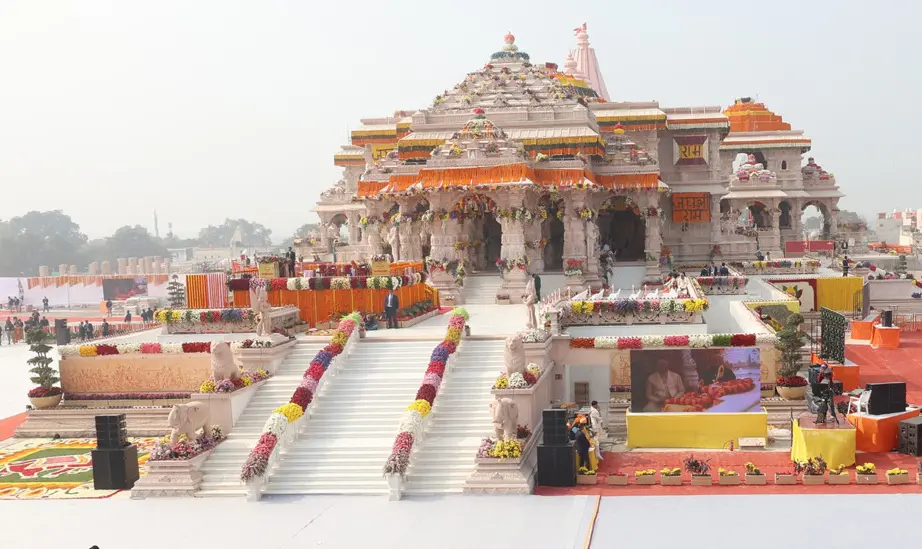
The term “secular” was only inserted into the Indian Constitution during Indira Gandhi’s Emergency regime—a move critics describe as a cynical afterthought. This insertion did little to reflect a genuine commitment to secular values, especially given that India’s ruling elites had already institutionalized the marginalization of Muslims. Congress, under Nehru and his successors, practiced a pseudo-secularism that sought to appease Hindu sentiments while perpetuating the subjugation of minorities.
The demolition of the Babri Masjid and the subsequent rise of Hindutva forces were not anomalies but the logical outcomes of a system that long tolerated and nurtured majoritarian impulses. Everything achieved by the Hindutva project—be it the Citizenship Amendment Act (CAA), the proposed National Register of Citizens (NRC), or the systematic erosion of minority rights—was accomplished within the framework of the Indian Constitution. The judiciary, often praised as the guardian of constitutional values, has played a key role in this betrayal. From the acquittal of those accused in the Babri Masjid demolition to the 2019 verdict awarding the disputed site to Ram Temple proponents, the courts have consistently prioritized majoritarian sentiment over justice. The systemic marginalization of Indian Muslims has unfolded through legal, social, and economic channels. Laws like the CAA and NRC explicitly target Muslims, questioning their citizenship. Anti-terror laws are disproportionately used to target Muslim youth, while mob violence and lynching continue unabated. Muslims are overrepresented in prisons, underrepresented in government jobs, and lack substantive political representation. Even so-called secular parties avoid visibly championing their rights, fearing the loss of Hindu votes. Cultural erasure further compounds this marginalization. The renaming of cities with Islamic heritage, the demonization of Urdu as a “foreign” language, and the exclusion of Muslim voices from public discourse create an environment where being Muslim in India is synonymous with suspicion. Everyday expressions of Muslim identity, whether wearing a hijab, offering namaz in public spaces, or consuming beef, often provoke hostility and violence.
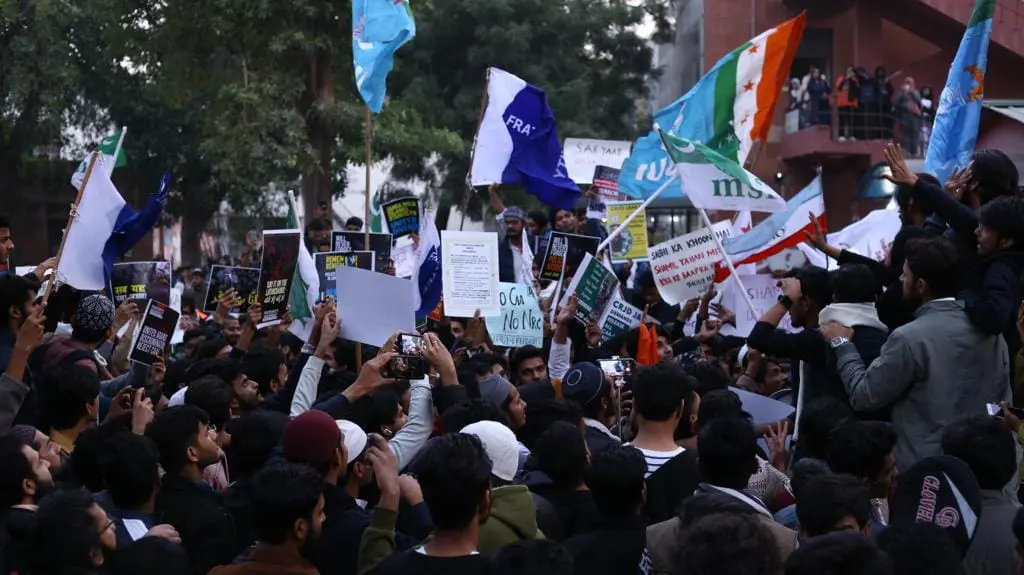
Criticism of Hindutva forces often overlooks the complicity of Congress and other actors. The Congress party’s failure to protect minority rights is evident in its role during pogroms such as Nellie (1983) and Hashimpura (1987). Even the Gujarat pogrom of 2002 was preceded by state-sponsored violence under Congress regimes. Nehru’s refusal to challenge the “cow lobby” and his silence on massacres of Muslims in Jammu and Hyderabad further expose the cracks in Congress’ claim to secularism.
While Hindutva forces have capitalized on these systemic biases, the Congress’ pretense of secularism created fertile ground for their rise. By turning a blind eye to the atrocities of the past and erasing its own culpability, Congress perpetuates a sanitized narrative that absolves it of responsibility for the current state of affairs.
Today’s secularists, while quick to issue statements or share images of the Constitution, fail to address the structural inequities that perpetuate violence. This performative solidarity reduces Muslims to symbols of communal harmony rather than recognizing them as equal citizens. By treating secularism as a hollow gesture, these self-styled defenders have inadvertently emboldened Hindutva forces. The hypocrisy is glaring. Many of these secularists remained silent during earlier state-sponsored atrocities against Muslims. When Muslims were targeted in Delhi in 2020, or homes were bulldozed in Madhya Pradesh and Uttar Pradesh, their responses were often limited to statements that avoided questioning the socio-political frameworks enabling such acts. The Babri Masjid was not merely a mosque; its demolition was a violent assertion of Hindu dominance and a symbolic relegation of Muslims to the margins of the republic.
As India marks 32 years since this act of erasure, the systemic biases it represents remain unaddressed. For Indian Muslims, the message is stark: the judiciary, political parties, and even the Constitution have abandoned them. The invocation of the Constitution by today’s secularists rings hollow when the document itself has been complicit in their marginalization. The specter of Babri will continue to haunt India’s conscience until its historical wrongs are confronted and the systemic injustices against minorities are dismantled. Without these measures, the promise of secularism will remain a broken ideal, leaving Indian Muslims to bear its greatest burden.
